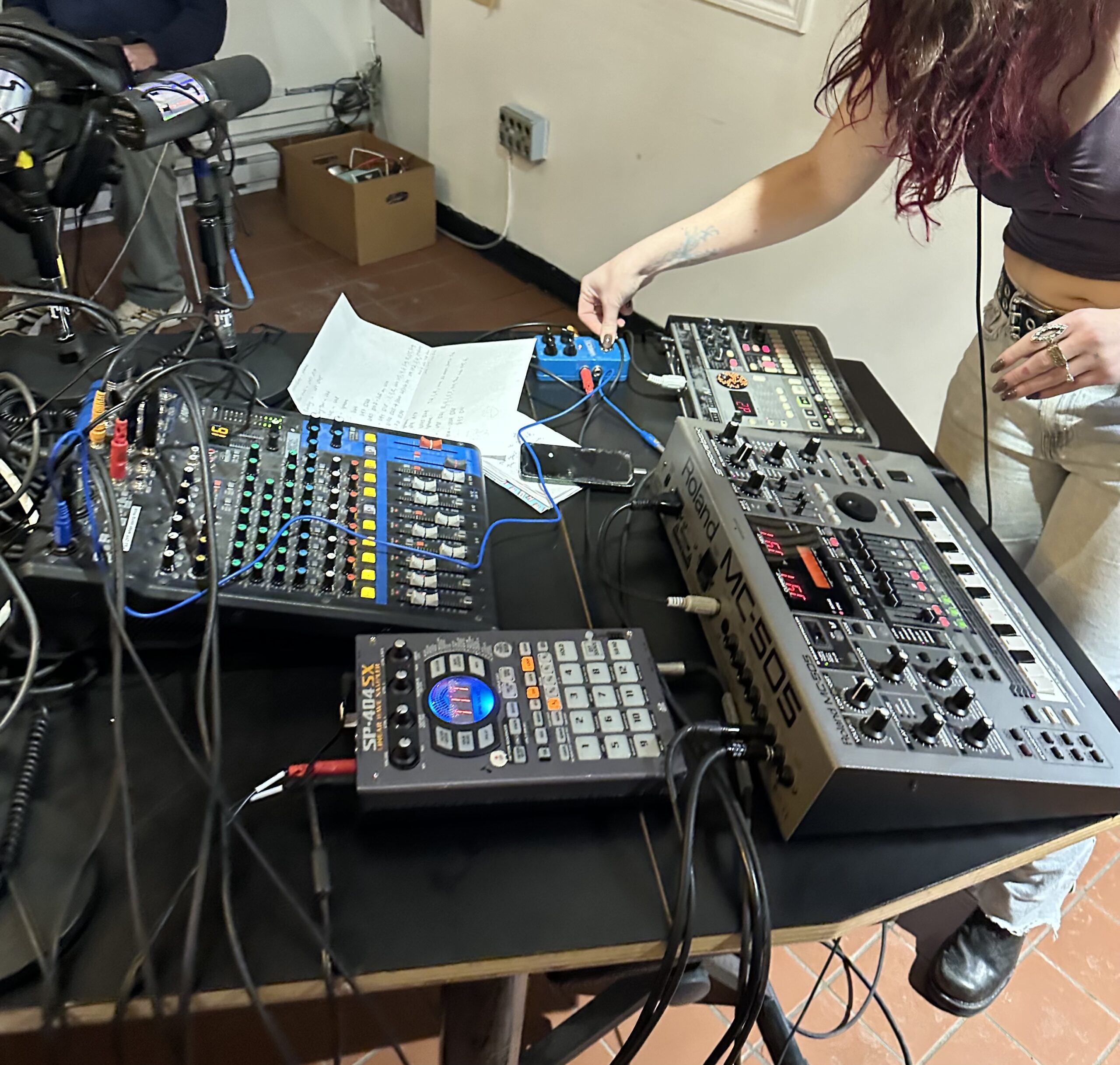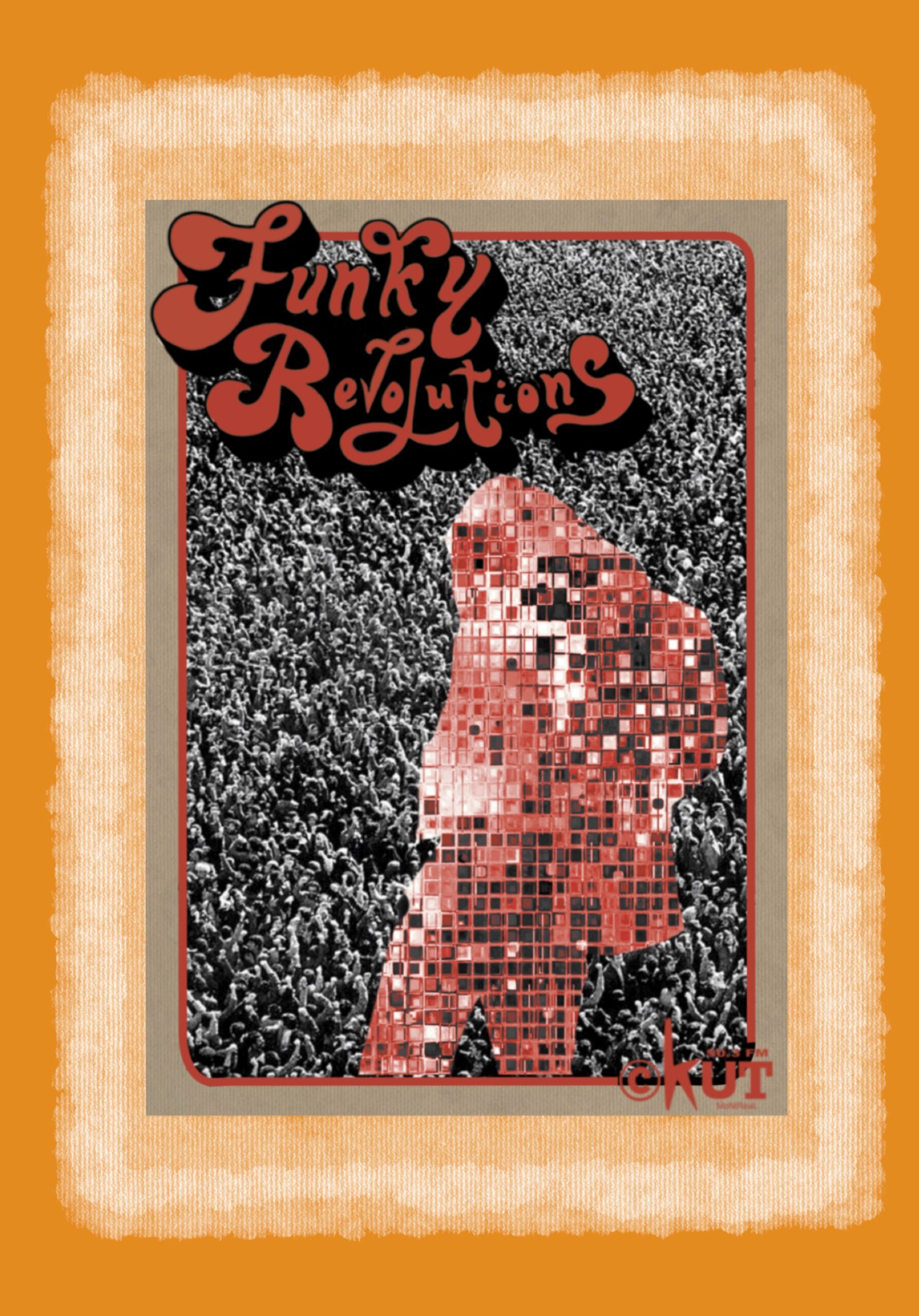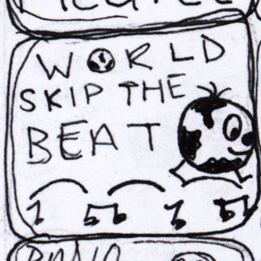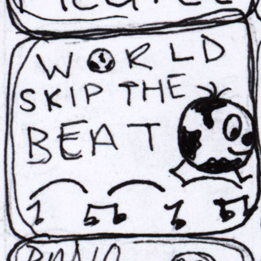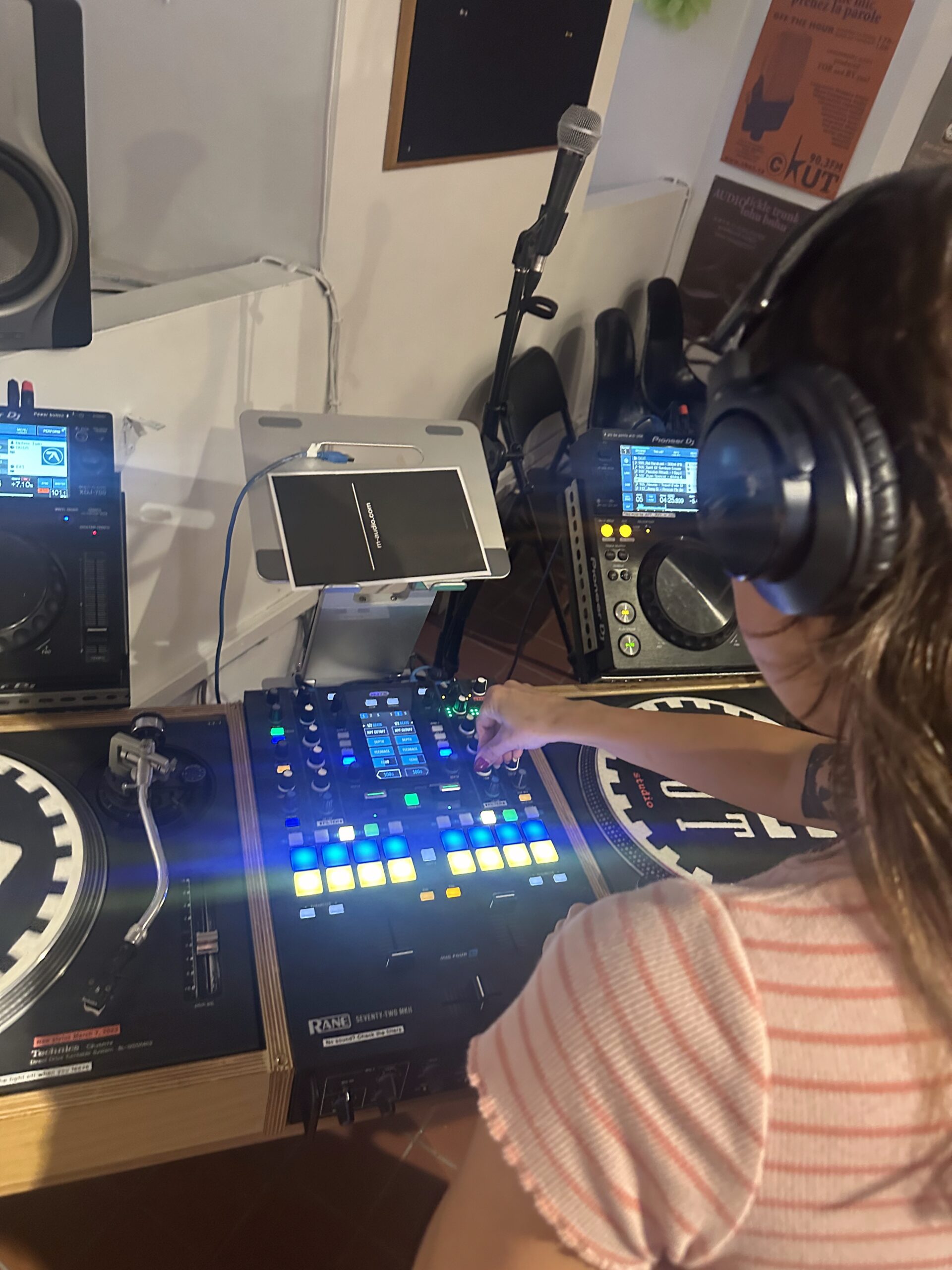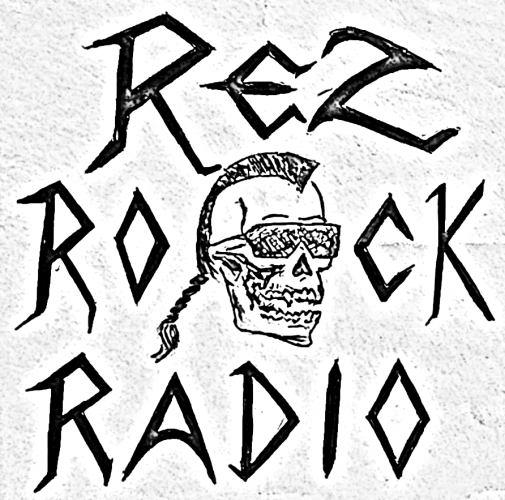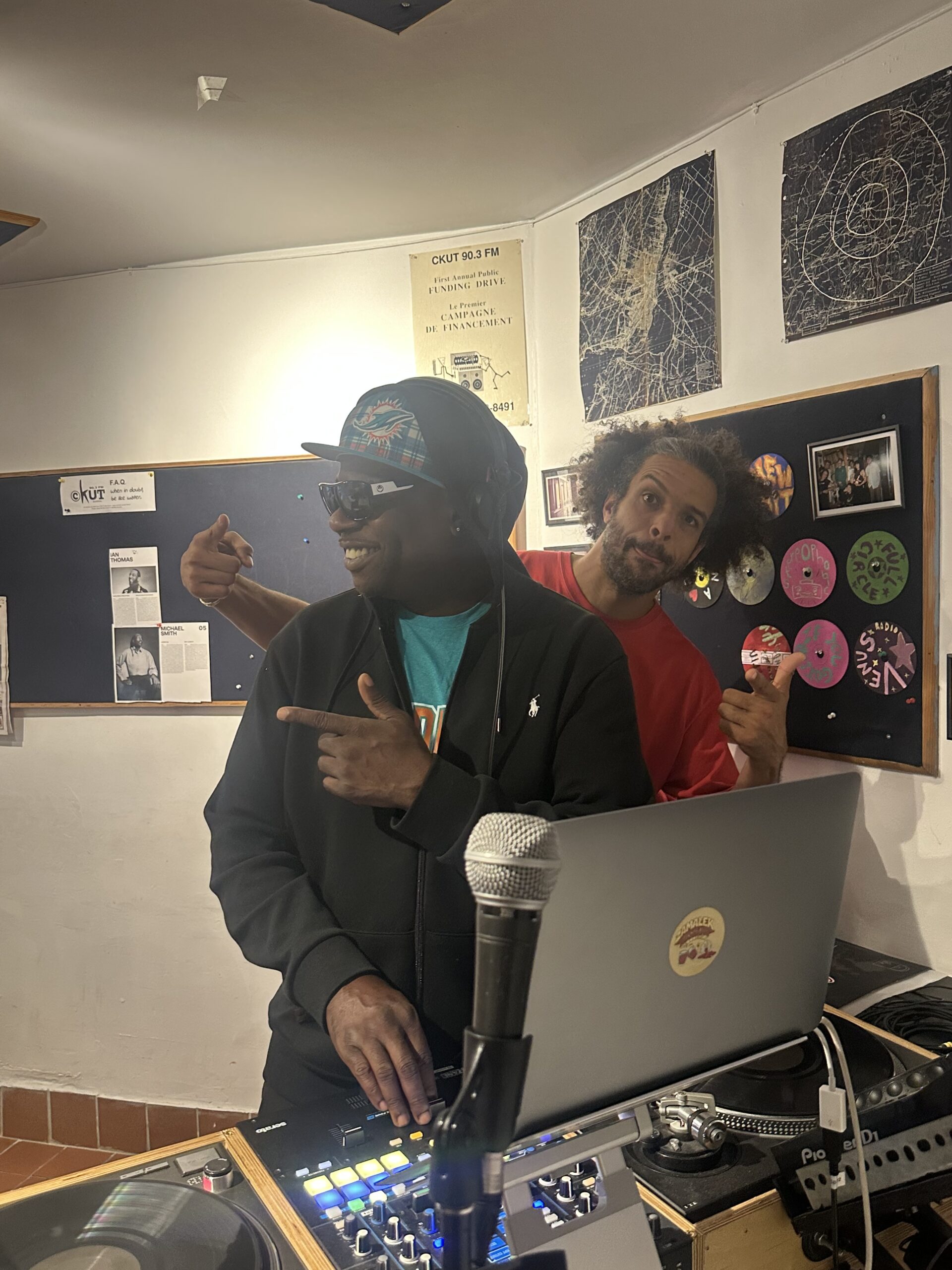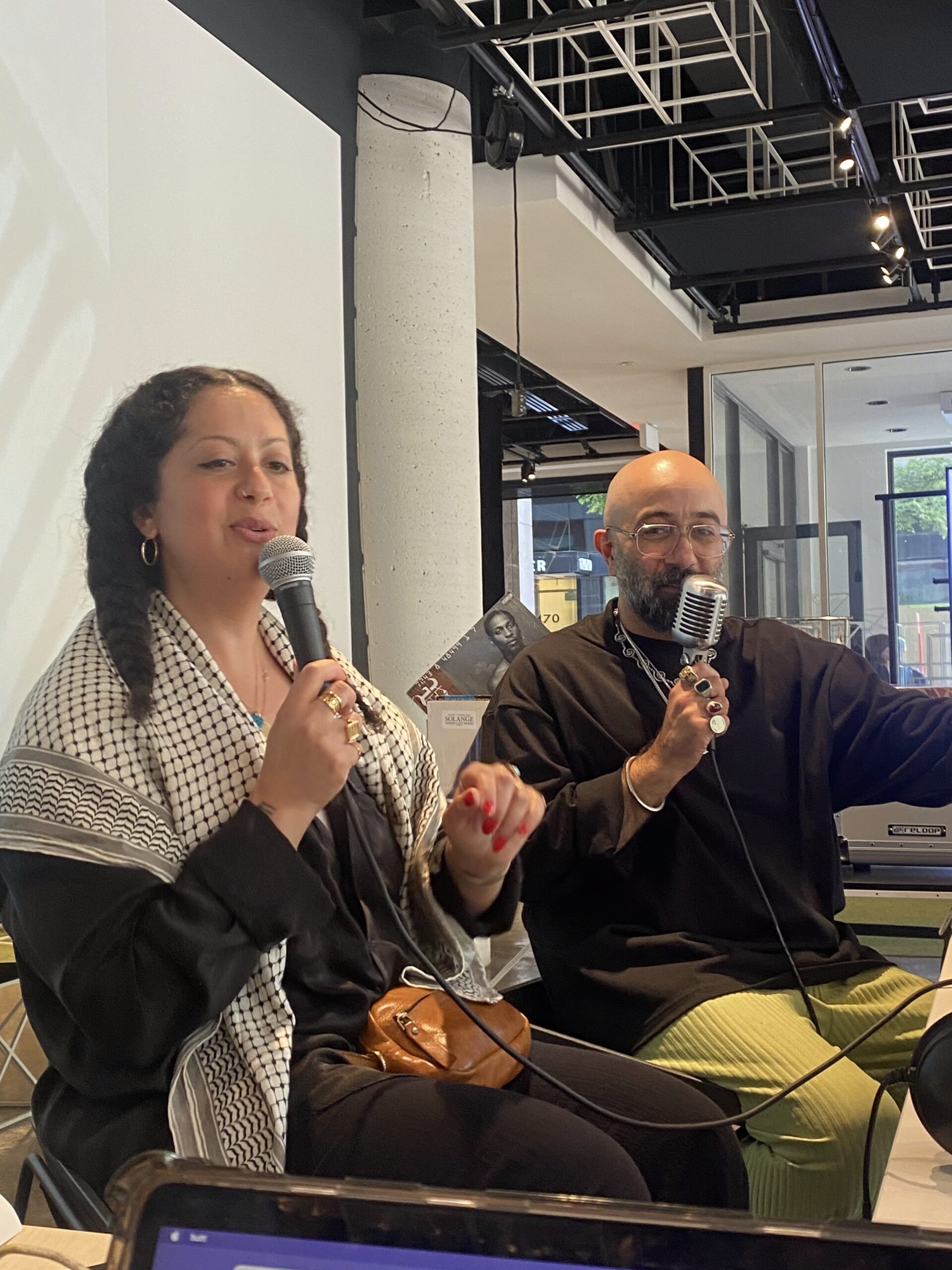Album Review: Dragonchaser – Fog Lake
by Juliana Van Amsterdam
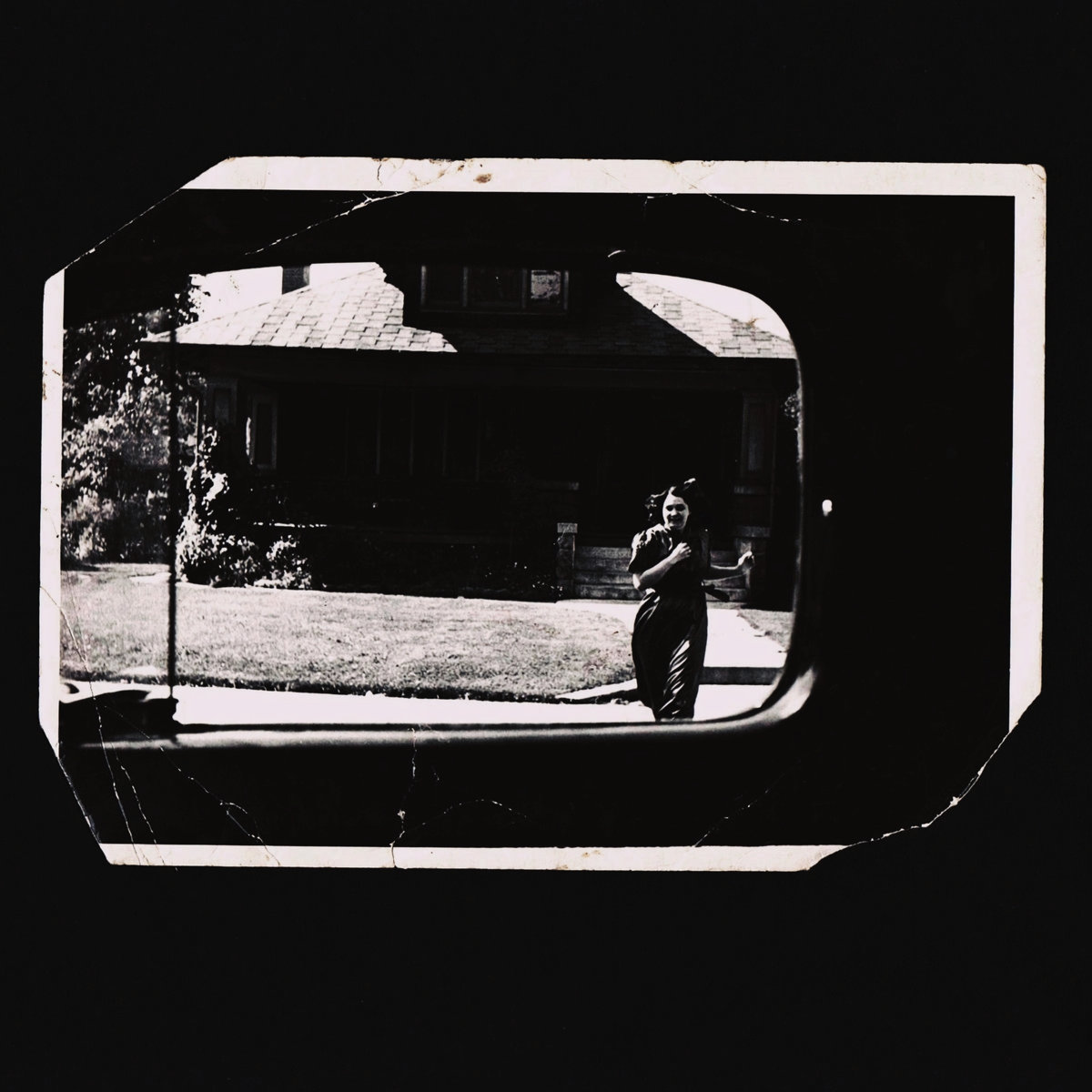
As the ill-willed spirits of climate change deniers continue to punish us here in Montreal, I can think of nothing better to do than gaze out of a window at the snowy deluge from the comfort of my home, with Fog Lake’s Dragonchaser playing on loop in the background. Aaron Powell, the man behind the music, has been releasing albums of ambient angst for several years now, and has continued to develop his unique sound following a recent move to Montreal from his childhood home in Newfoundland. Dragonchaser is his fourth full-length release, following 2013’s well-received Victoria Park.
Powell utilizes the DIY, low-fi approach to recording that has risen in popularity amongst “indie” bands, but unlike many other artists, Powell is not using this technique as a simple parlor trick. He began experimenting with ambient sampling as a teenager, and this homemade quality remains in his music today, even as he continues to develop his vocal acuity. Unlike previous albums, Dragonchaser features no completely instrumental tracks, but the atmosphere throughout the album remains laden with introspection and quiet solitude. Powell manages to create a lush, reverberating sound that permeates Dragonchaser; there is an echo effect that carries over from track to track, almost on loop. This style of production paints a vivid picture of being submerged underwater or driving past a familiar wood, with the trees blending into a congruous mass.
In all that he does, Powell delights in the intimacy of subtlety. His voice barely rises above a soft yell, and most lyrics are confessional whispers that are at times swallowed by the swelling instrumentals. His use of vocal and instrumental crescendos are rare enough that when they do occur, you are never quite prepared for the emotional wave that threatens to crash over your head. Powell creates an exquisitely delicate push-pull phenomenon between his vocals and the instrumentals; at one point, they are gently swaying to cradle his lyrics, and at another the faded, washed-out sound has disappeared in favor of blunt melodies.
Dragonchaser opens with the slow-burning “Novocaine,” a lovely, drifting track rife with haunting vocal harmonies and shifting, plodding guitars. “Rattlesnake” begins with a poignant, stripped electric guitar and Powell’s soft voice before drums crash onto the scene, accompanied by a change in his timbre. He now sings outright, unhindered by the steady layers of guitar and snare that swirl beneath him. “Breaking over Branches” enters with a muted, slightly out of tune piano backed by an acoustic guitar: music for a sepia-tinted world. When Powell’s voice cuts in, it is similarly muted, his words being swallowed almost as soon as he gets them out. There is a whimsical, nostalgic atmosphere resonating throughout the track, as if the listener were watching a home movie unfold, having been created solely from Powell’s lyrics.
“Strung Back Around” provides a nice contrast, provided by the bright, open strumming of an acoustic guitar. Powell’s voice is unimpeded and open, and the light echo of a piano melody provides a playful foil to the darker message behind the lyrics. “Roswell” is the most straightforward and tightly-produced track on Dragonchaser, and notes a departure from the loose, experimental style Powell usually embodies in his music. It adds a lighter folk energy to the album, with simple lyrics above a wistful but grounded guitar melody. “Spectrogram” signals the close of Dragonchaser, but Powell has cleverly made it into a kind of musical cliff-hanger. The track swirls with a restless, heady energy that leaves the listener on the edge of their seat, yearning for more. Hopefully, Powell is signaling to his listeners that his story is far from finished.
Album released: February 17, 2017
